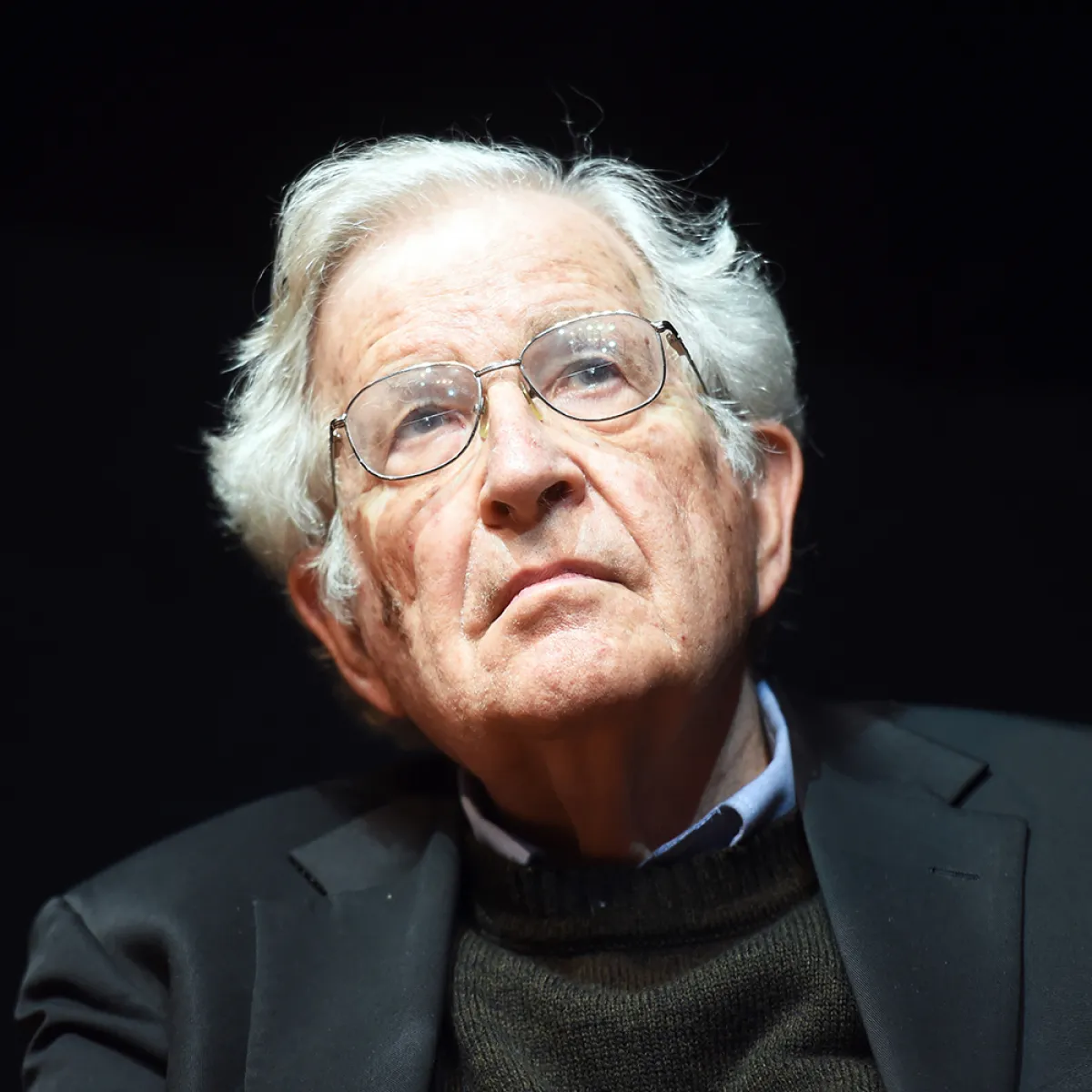http://www.fupress.net/index.php/bsfm-jems/article/view/10633
Theories of Authorship and Intention in the Twentieth Century. An Overview. Published in 2012
Abstract
This article discusses some of the most important theories about authorship and the author’s intentions developed during the last century. It argues that initially Husserl, Croce and the New Criticism firmly divided private intentions on the one side and verbal meanings (constituting an ideal subject) on the other. Then, it introduces Derrida and Barthes who suggested a radical change in perspective by confuting the existence of an ideal conscious subject, of ideal meanings and of private intentions. Subsequently, Booth and Foucault looked for a surrogate of the author and found it in a discursive instance showing the reader a path to the author’s intentions. Lastly, Anscombe and Eco formulated a new concept of public and open intention completely redefining the whole issue. This article, in conclusion, suggests that, in spite of all statements about the ‘death of the author’, it is precisely thanks to the twentieth-century debate that the author was born.


